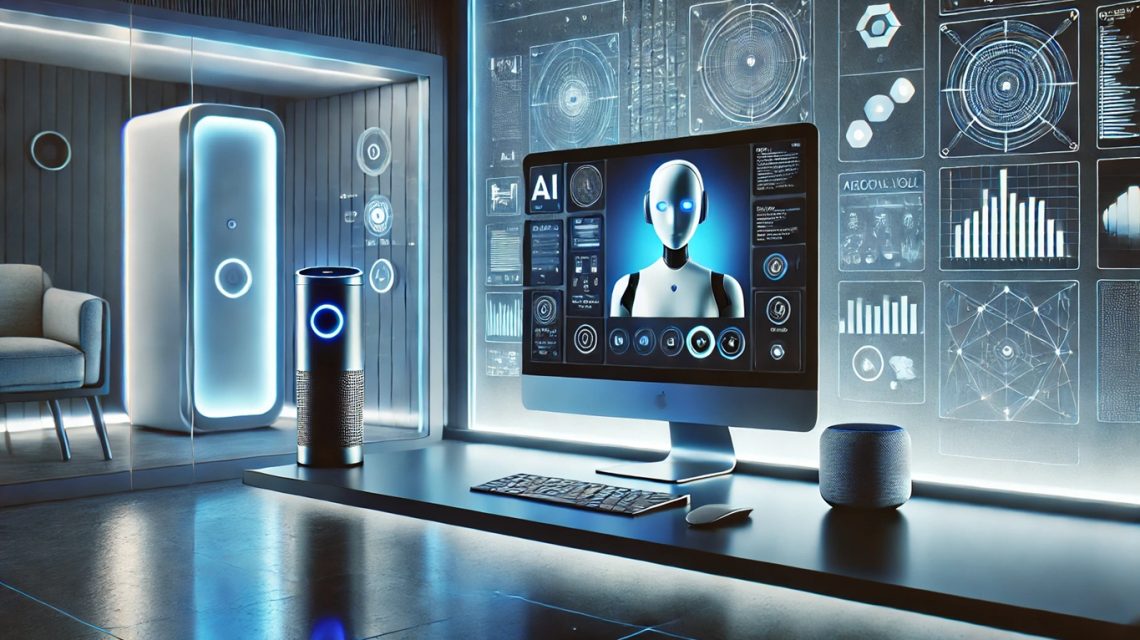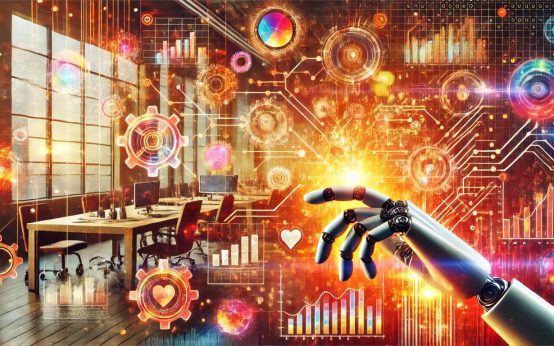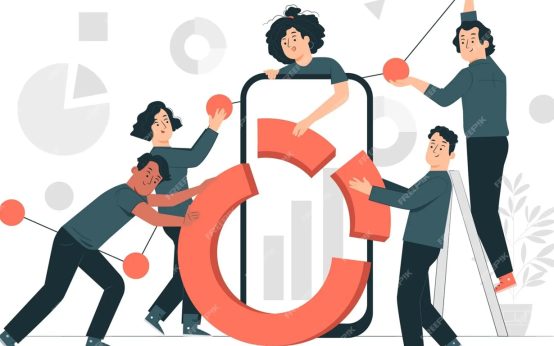Understanding AI Tools vs. Human Support
In recent years, AI tools like ChatGPT have emerged as transformative forces in personal assistance. Many startups are now launching products that leverage artificial intelligence and language models, pushing the boundaries of what these technologies can achieve. Optimists in the field speculate that we may soon see AI take on a larger role in everyday human tasks.
Major tech companies have recently introduced AI personal assistants designed to perform virtual assistance tasks. These systems can handle a variety of simple tasks and even simulate a human experience by incorporating a celebrity avatar and voice, allowing users to interact as if they were communicating with a person.
The Role of Human Personal Assistants
Business owners often ponder whether AI assistants can truly replace their human counterparts, whether they work in-office or remotely. Here’s a look at what human personal assistants typically handle:
- Administrative Support: Managing schedules, emails, travel arrangements, and document organization.
- Personal Tasks: Making reservations, paying bills, and assisting with family needs.
- Social Media Management: Creating and posting content, engaging with audiences.
- Customer Support: Handling inquiries, processing orders, and maintaining compliance.
- Research and Analysis: Gathering data and conducting analyses.
- Marketing and Sales: Assisting with marketing materials and sales research.
- Project Management: Overseeing operational processes related to various projects.
Now, let’s delve into whether AI can genuinely replace human personal assistants.
What is an AI Personal Assistant?
An AI personal assistant is software that employs artificial intelligence and natural language processing to simulate human interactions, manage tasks, and provide personalized assistance. These assistants respond to user commands and requests, offering relevant information or performing necessary actions. They learn from user interactions over time, refining their responses through machine learning algorithms. However, they require internet connectivity and integration with other applications to function effectively.
Popular AI Personal Assistants
Some of the most well-known AI personal assistants today include Apple’s Siri, Google Assistant, Amazon Alexa, and Microsoft Cortana. These tools can answer questions, set reminders, play music, make calls, and control smart home devices. Their functionalities extend to managing home security, placing online orders, broadcasting news, booking appointments, and even translating text.

Limitations of AI Personal Assistants
While AI assistants offer numerous benefits, they also have significant limitations that can hinder their effectiveness:
- Understanding Context: AI struggles with interpreting humor, context, or tone in conversations, potentially leading to miscommunication.
- Creativity Constraints: Their responses are based on predefined algorithms and data, making them ill-equipped to generate creative solutions in novel situations.
- Lack of Emotional Intelligence: AI lacks empathy and emotional understanding, which are essential for effective communication and relationship building.
- Judgment Skills: AI assistants often struggle with complex decision-making tasks that require nuanced human judgment.
- Software Errors: Like any software, AI can encounter bugs and errors, which may affect its performance.
Given these limitations, it’s crucial to exercise caution when assigning AI assistants tasks that could impact others or the business.
Notable AI Assistant Mistakes
- Privacy Concerns: In 2019, Amazon’s Alexa recorded user conversations without consent, sparking significant concerns over privacy.
- Inappropriate Responses: In 2020, Siri faced backlash for providing inadequate responses to sensitive questions about sexual assault.
- Bias Issues: In 2021, Google’s AI model BERT exhibited bias against certain ethnic groups, prompting the company to address the issue.
AI vs. Human Personal Assistants
While AI personal assistants are becoming more capable of handling everyday tasks, human assistants offer a more nuanced and personalized experience, particularly for complex business needs. Human assistants can adapt information to specific situations, provide a human touch, tackle intricate tasks, and come up with innovative solutions.
Key Differences
- Personalization: Human assistants deliver tailored support and build relationships, while AI relies on pre-programmed responses.
- Cost: Although AI assistants may appear cheaper, hidden costs can arise from implementation and maintenance.
- Scalability: AI can manage numerous queries simultaneously but may lack the adaptability of human assistants for complex tasks.
- Training: Humans can quickly learn new tasks, whereas AI requires extensive training and updates.
- Trust: Many people prefer human interaction, particularly for sensitive matters.
- Human Touch: Live assistants offer empathy and emotional intelligence, which AI cannot replicate.
- Communication: AI struggles to grasp context and tone, which are often critical for effective interaction.
- Complexity: Human assistants excel in managing complex tasks, from research to project management.
Conclusion
Since 2015, Front Desk Helpers has been providing dedicated personal assistants to business owners across various industries. With a proven track record of handling diverse tasks, we emphasize the importance of human assistance in fostering effective business operations and communication.
If you find yourself overwhelmed with non-core tasks and are considering delegating them, it may be time to explore human assistance. A skilled virtual assistant can streamline your workflow, allowing you to focus on what truly matters while leaving the daily grind behind.



 How to Automate Your Tedious Tasks with Machine Learning
How to Automate Your Tedious Tasks with Machine Learning  27 Effective Productivity Strategies to Propel Your Business Forward
27 Effective Productivity Strategies to Propel Your Business Forward